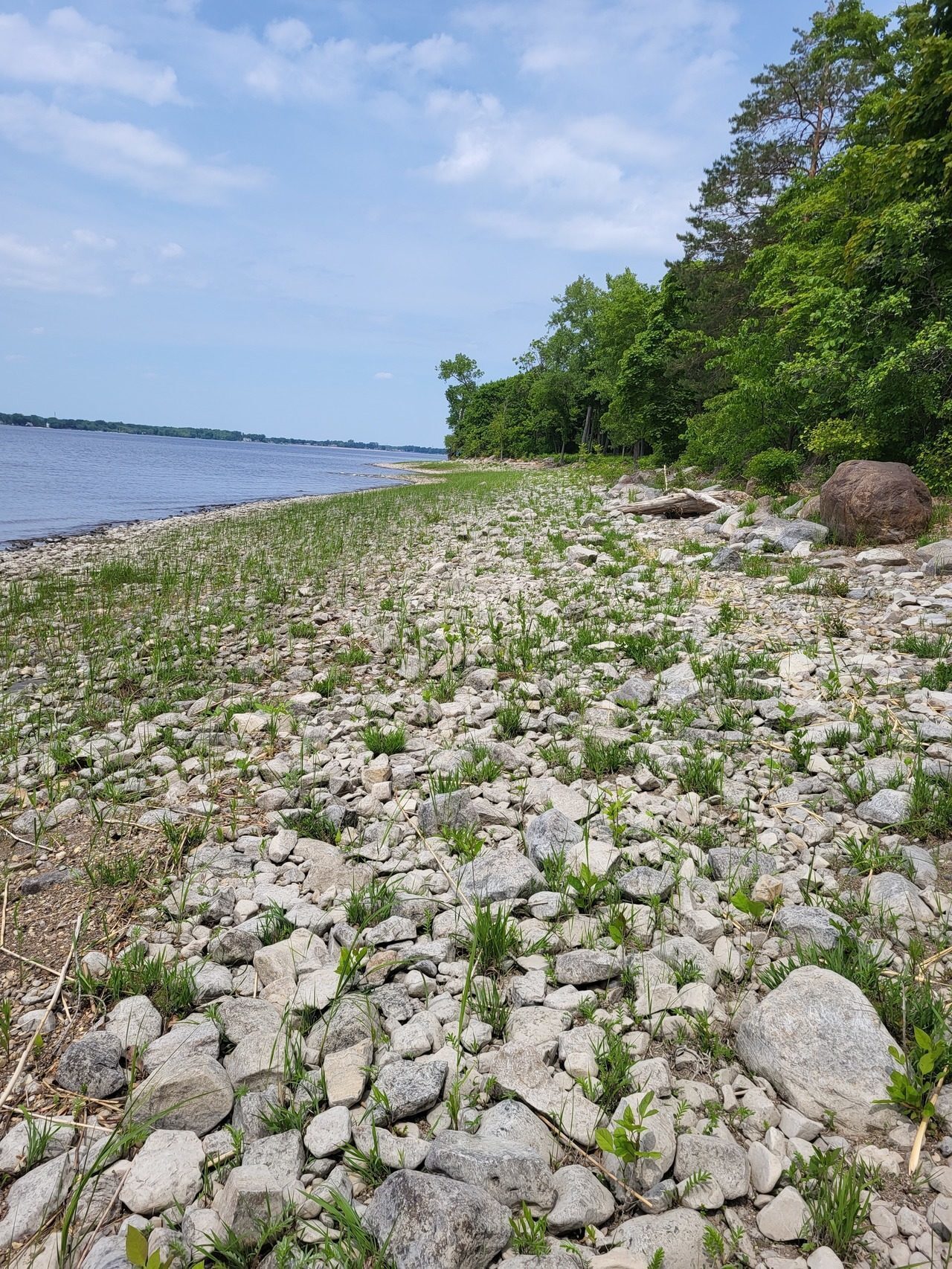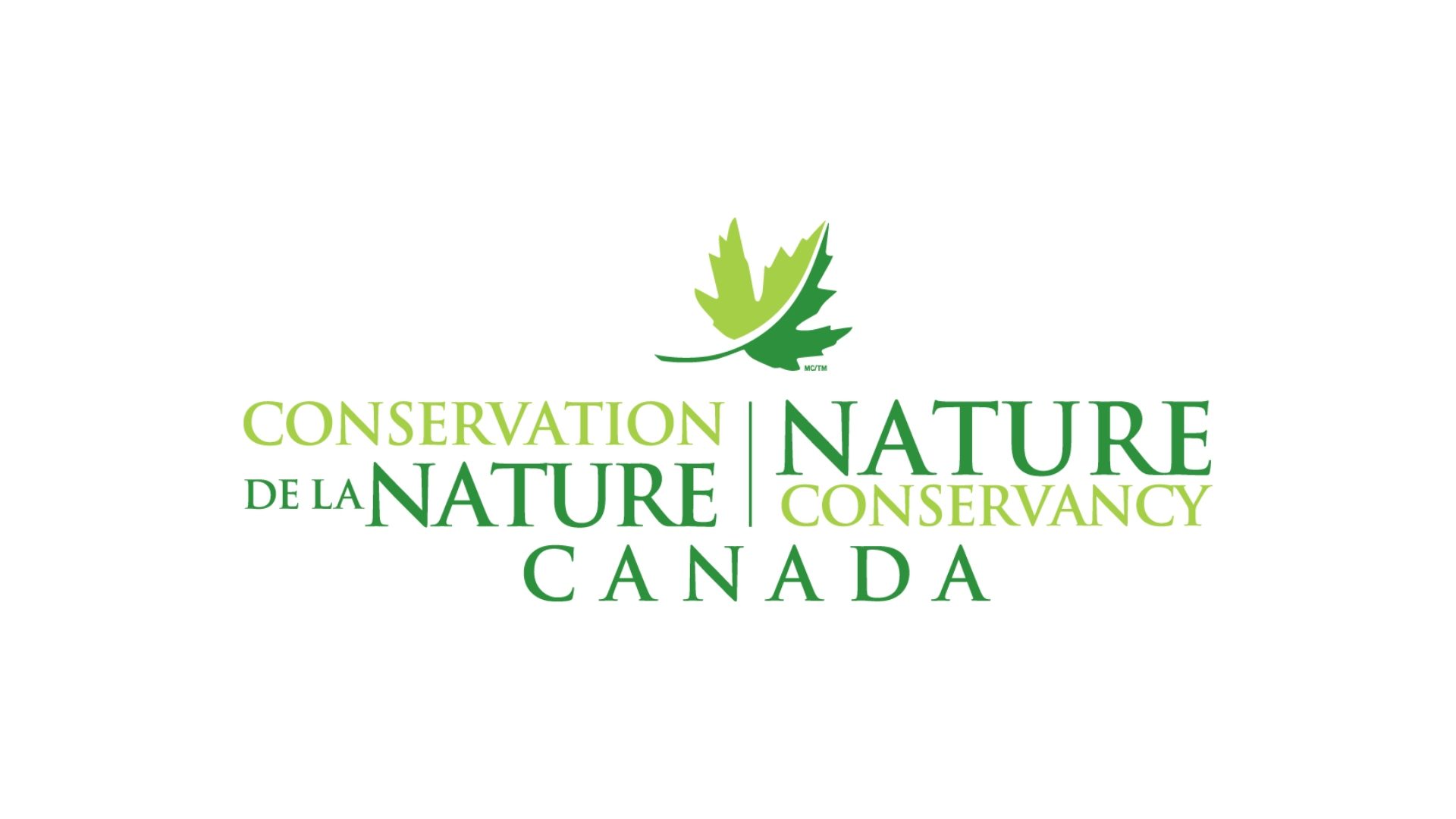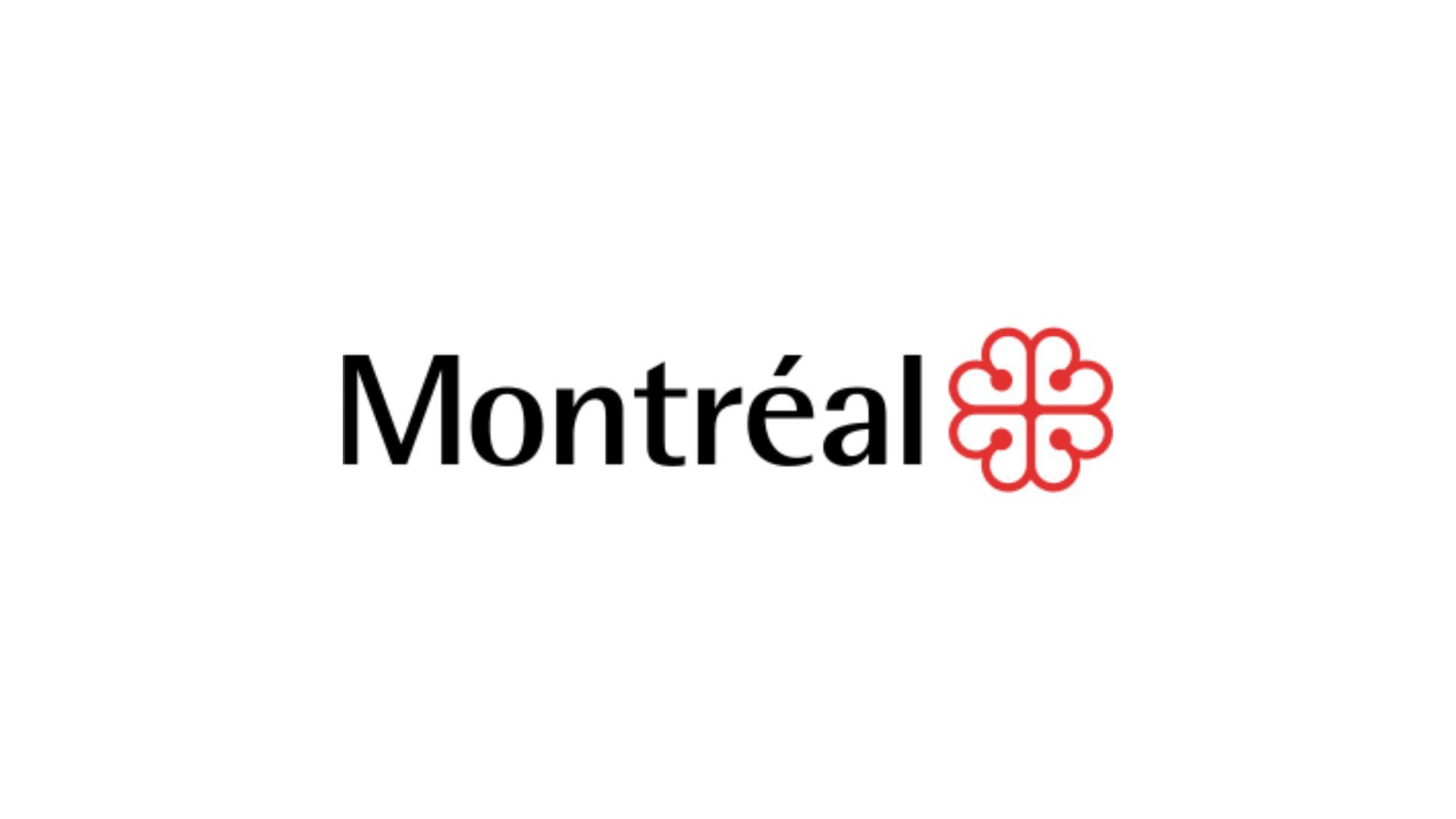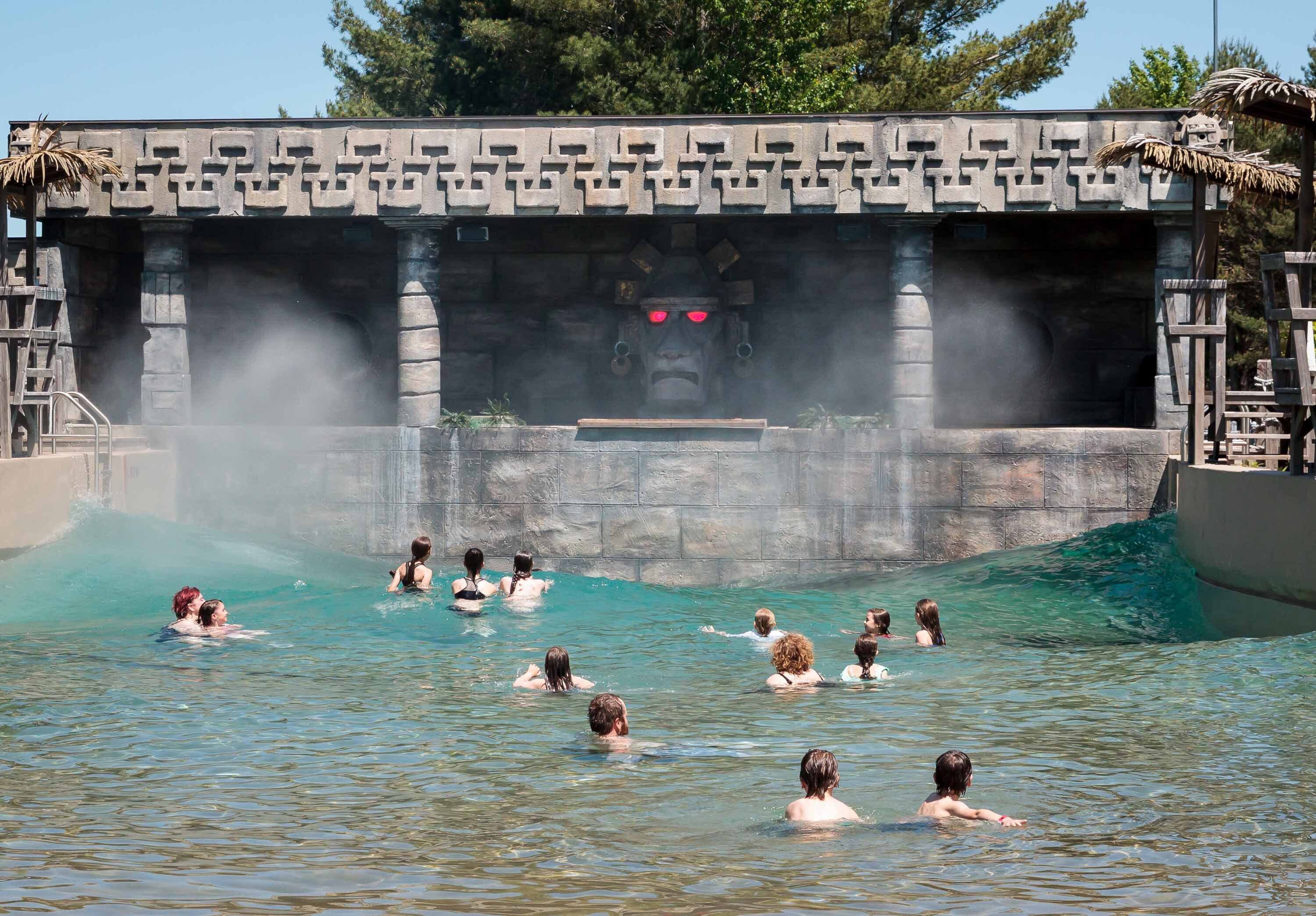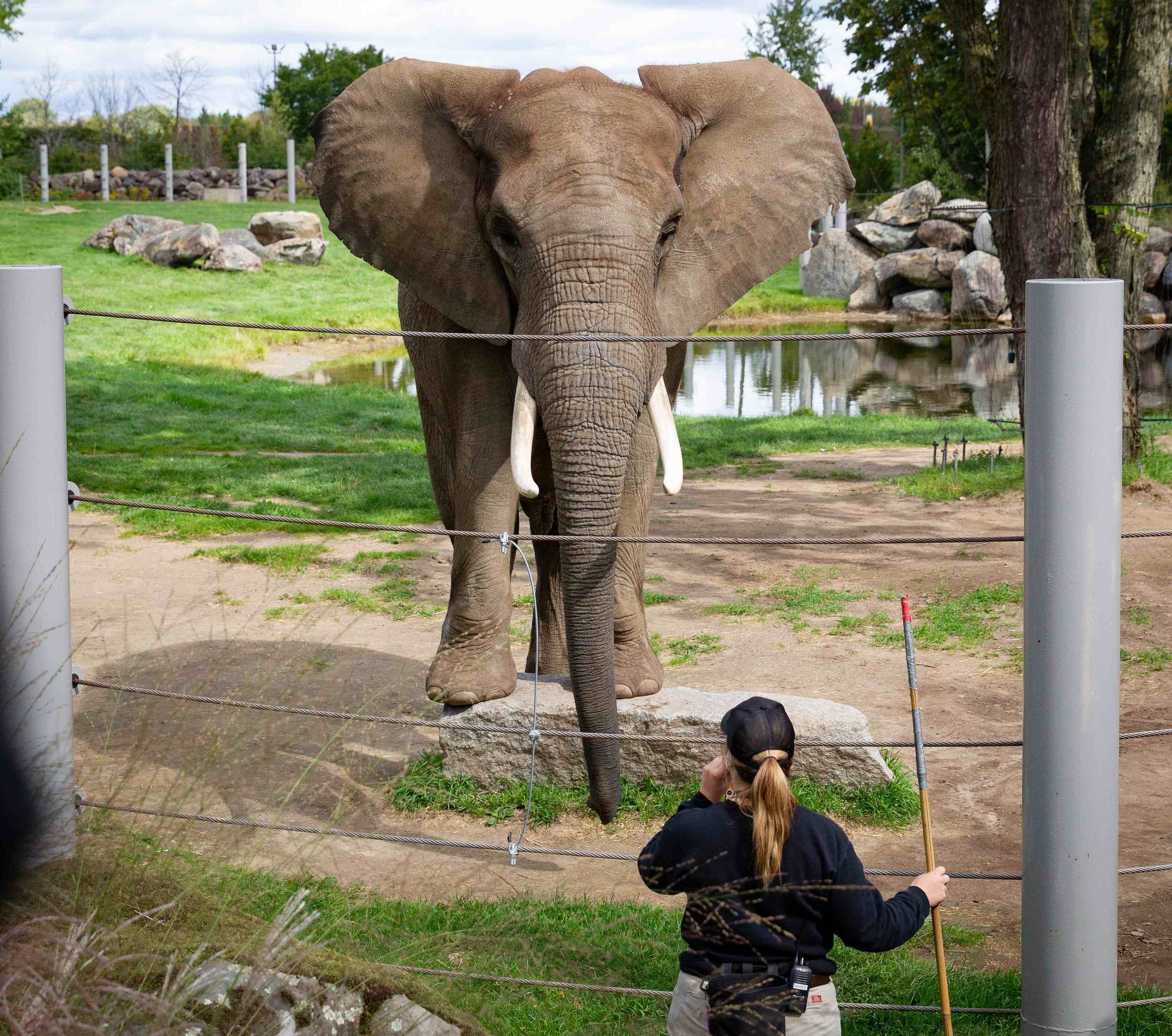Protecting the Northern Map Turtle
The Zoo de Granby’s conservation team is undertaking several concrete actions to protect the Northern Map Turtle in the Montreal region, in collaboration with its partners: the Nature Conservancy of Canada (NCC) and the City of Montreal.
As part of the species recovery plan, these initiatives include nest protection, egg incubation in a laboratory setting, and the organization of public awareness activities and specialized training sessions.
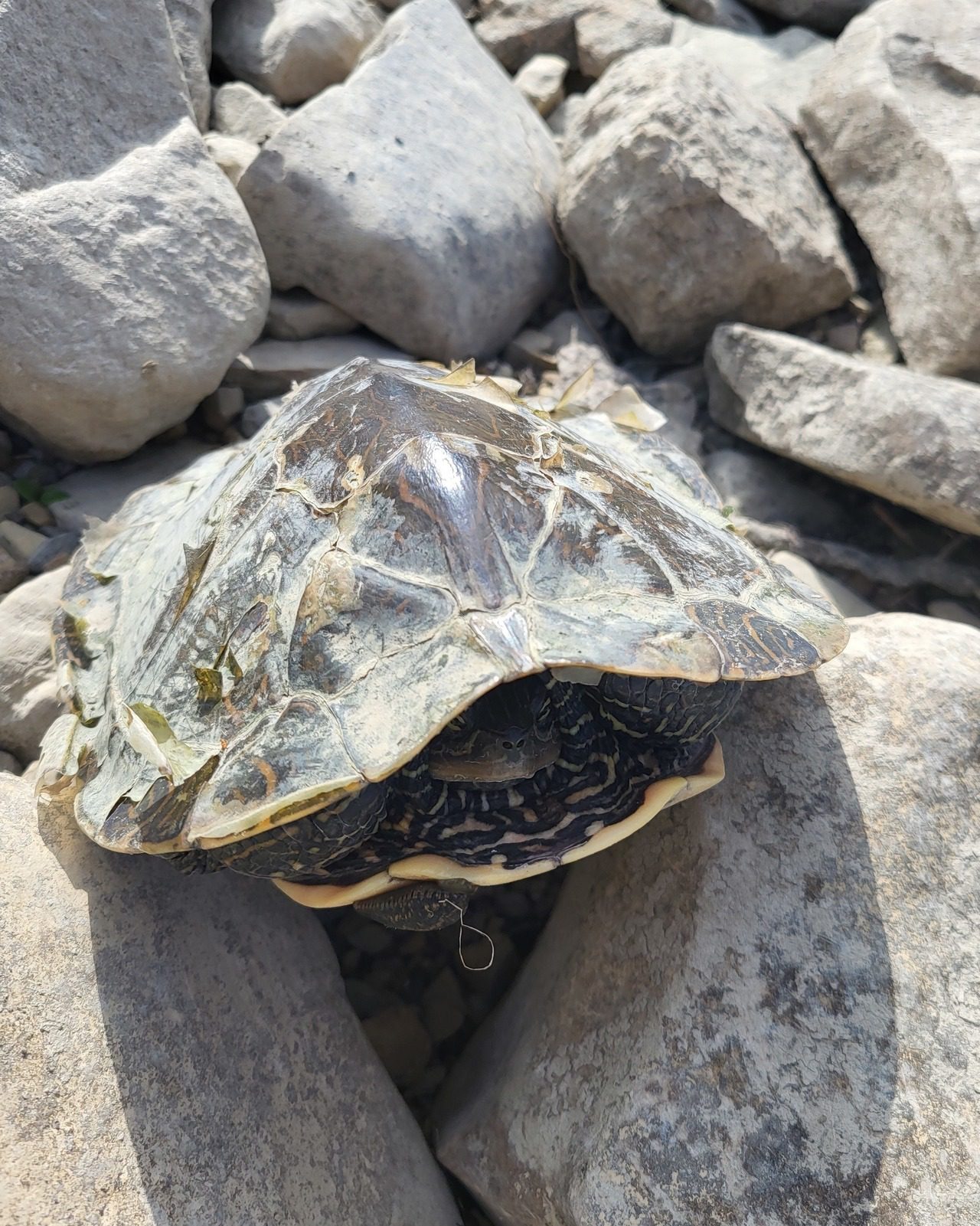
Mobilized for the Northern Map Turtle
This large-scale project helps protect nearly one hundred northern map turtle nests each year from predators. Through awareness activities, community members actively participate in the protection of this threatened species. One of the most appreciated moments is the release of baby turtles hatched through artificial incubation—a deeply moving event that brings hope for the species' survival.
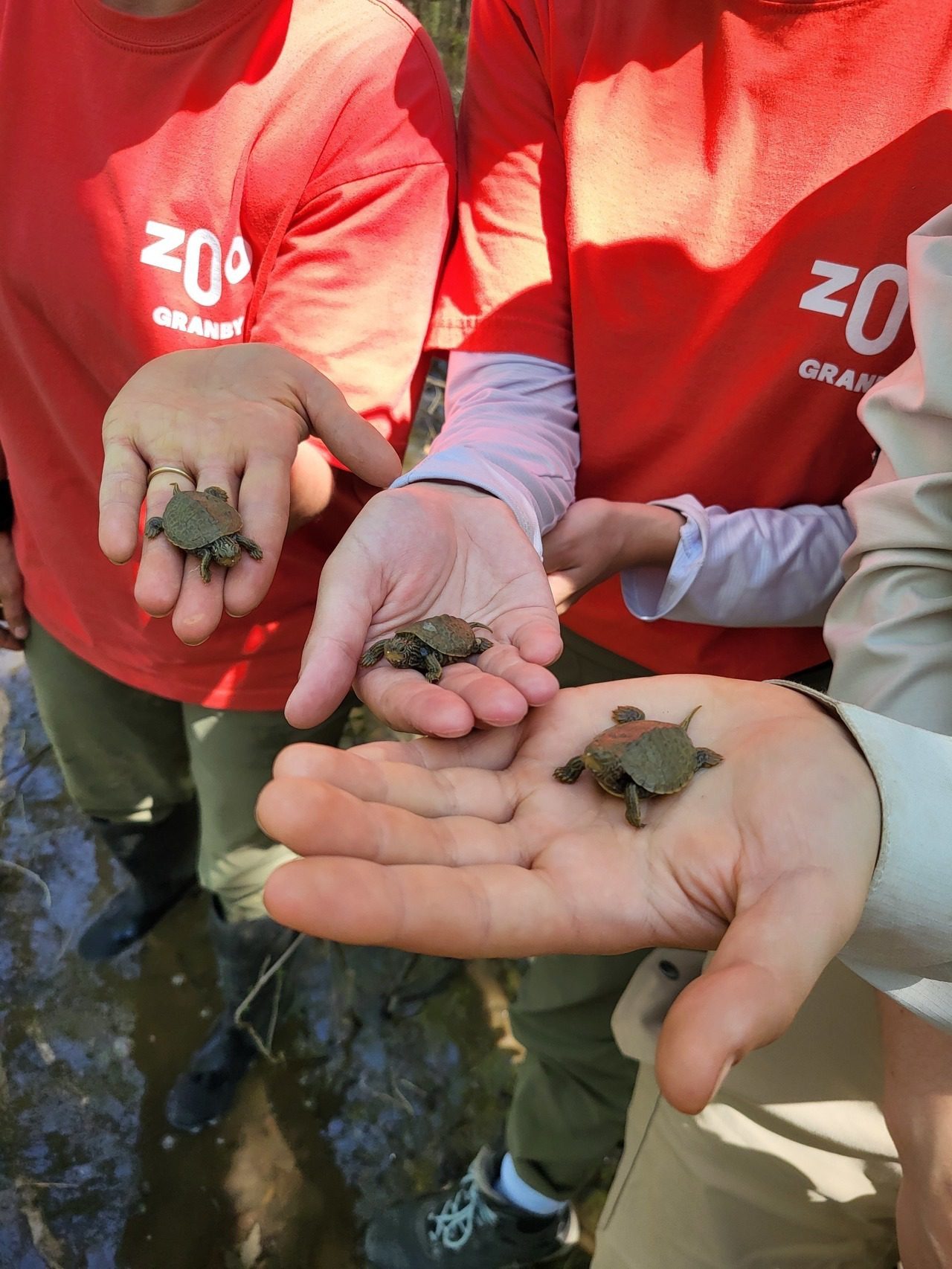
Our vision for the future
We aim to continue monitoring nesting sites to protect northern map turtle nests, as well as pursue laboratory egg incubation efforts. We also hope to identify new nesting sites in order to broaden our impact and engage more shoreline property owners in protecting this vulnerable species in Quebec.
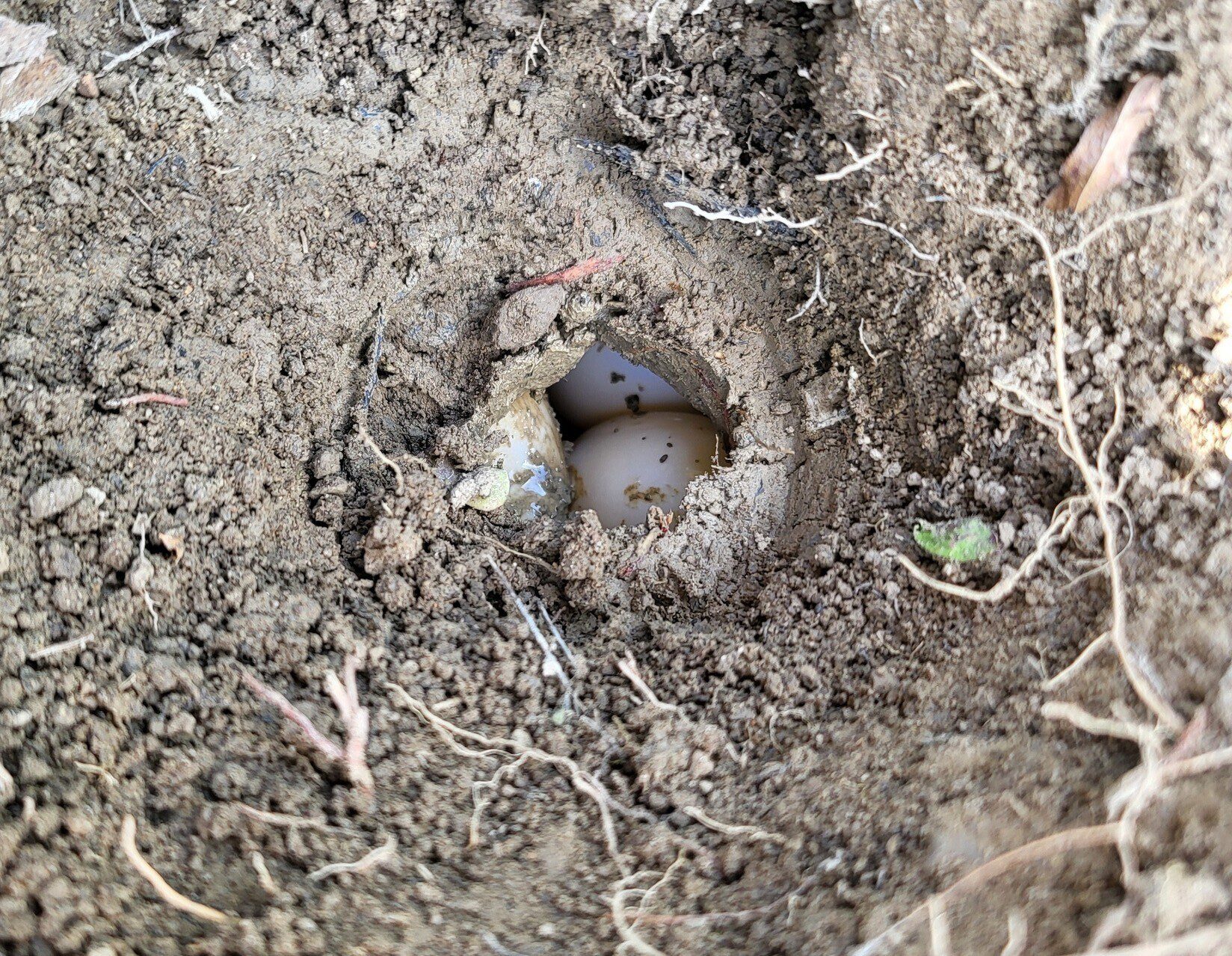
Overview
Interesting informations
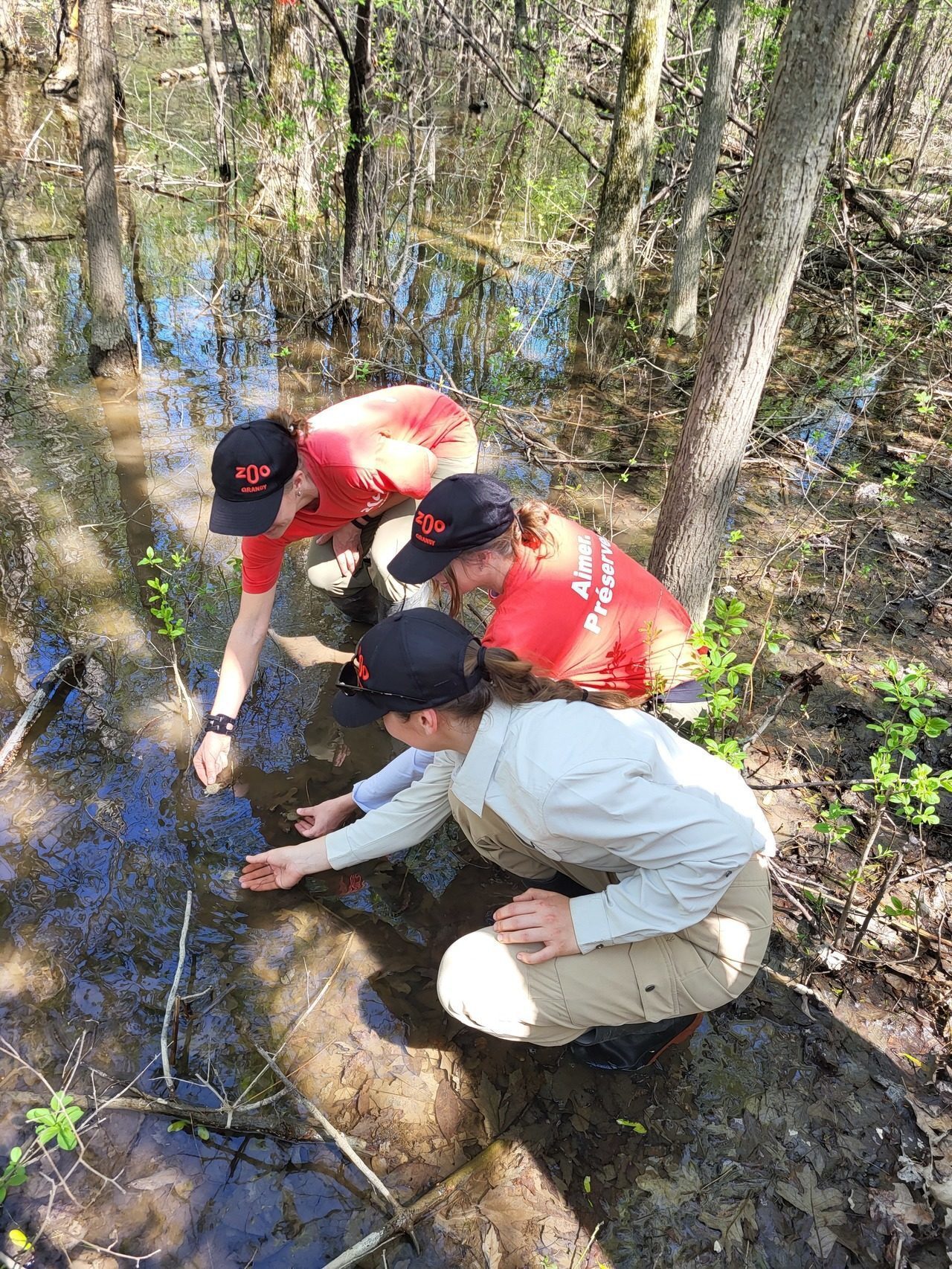
Help us protect them!
Zoo de Granby is a non-profit organization dedicated to the conservation, education and well-being of animals. By contributing to its mission, you're supporting projects to preserve the animal world and their habitats in Quebec and around the globe.
This project is made possible through financial support from the MELCCFP Community Interaction Program.
